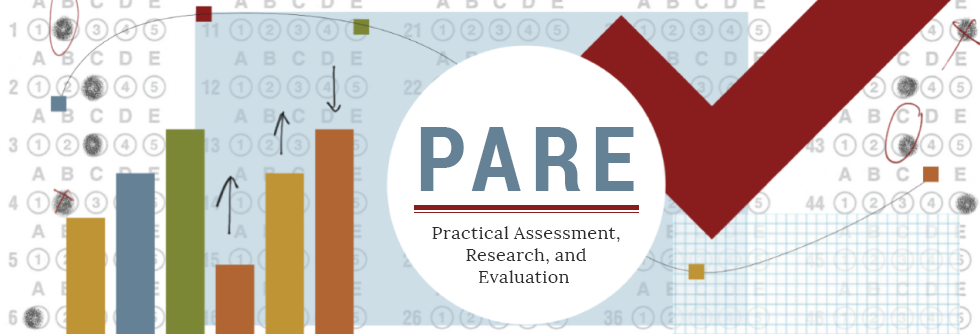Validity Semantics in Educational and Psychological Assessment
- John D. Hathcoat
Abstract
The semantics, or meaning, of validity is a fluid concept in educational and psychological testing. Contemporary controversies surrounding this concept appear to stem from the proper location of validity. Under one view, validity is a property of score-based inferences and entailed uses of test scores. This view is challenged by the instrument-based approach, which contends that tests themselves are either valid or invalid. These perspectives are contrasted by their ontological and epistemological emphases, as well as their breadth of validation focus. Ontologically, these positions diverge in their alliance with psychometric realism, or the position that attributes characterizing the aim of psychological and educational measurement exist in the actual world and that claims about their existence can be justified. Epistemologically, these positions deviate in the function of truth when accepting validity claims and inform distinct lines of inquiry in the validation process. Finally, validity under the instrument-based approach is restricted to a single proposition -namely, that observed score variation is caused by an underlying attribute. Though seemingly arbitrary, these distinct validity semantics may have a range of implications on assessment practices. Accessed 8,561 times on https://pareonline.net from June 25, 2013 to December 31, 2019. For downloads from January 1, 2020 forward, please click on the PlumX Metrics link to the right.
Keywords: Test Use, Standardized Tests
How to Cite:
Hathcoat, J. D., (2013) “Validity Semantics in Educational and Psychological Assessment”, Practical Assessment, Research, and Evaluation 18(1): 9. doi: https://doi.org/10.7275/ay6p-xw09
Downloads:
Download PDF
View PDF
2920 Views
127 Downloads
